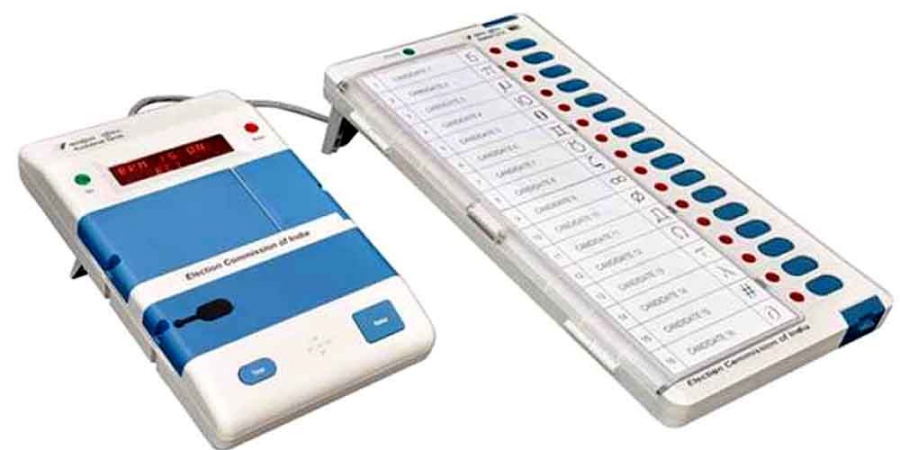

India, the world's largest democracy, relies on its electoral system as the cornerstone of its democratic governance. Central to this process are the Electronic Voting Machines (EVMs) and the Election Commission of India (ECI). Over the years, both EVMs and the ECI have faced scrutiny regarding their credibility, raising pertinent debates about their integrity and impartiality.
EVMs were first introduced in India in 1982 and have since become the backbone of the electoral process. The primary goal of these machines was to eliminate issues such as vote tampering and ballot box stuffing, which were prevalent in manual voting systems.
EVMs offer numerous advantages:
Despite these merits, allegations of tampering, hacking, and malfunction have occasionally surfaced, especially from losing political parties or candidates. While no substantial evidence has yet been presented to prove large-scale manipulation, these claims have sowed seeds of doubt among some sections of the populace.
In response to these concerns, the Voter Verifiable Paper Audit Trail (VVPAT) was introduced to enhance the transparency of the voting process. VVPAT allows voters to verify their choices immediately after casting their vote, providing an additional layer of accountability. The Supreme Court of India mandated the counting of VVPAT slips in a random selection of five polling stations per constituency during the 2019 general elections. While this added to the transparency, it also raised logistical challenges, particularly in large-scale elections.
The ECI, established in 1950, is an autonomous constitutional authority responsible for administering elections in India. Its mandate includes ensuring free, fair, and transparent elections. Over the years, the ECI has been lauded for its efficient conduct of elections in a country as diverse and populous as India. However, its credibility has also been questioned in recent times.
To ensure continued trust in EVMs and the ECI, several measures can be undertaken:
The credibility of EVMs and the Election Commission of India is pivotal to the integrity of the electoral process. While both institutions have demonstrated their resilience and effectiveness over the years, addressing concerns transparently and proactively is essential to maintain public confidence. As India continues to evolve as a democracy, the commitment to free, fair, and credible elections must remain unwavering.
